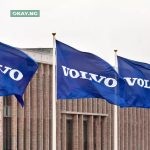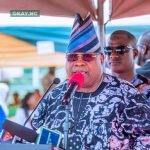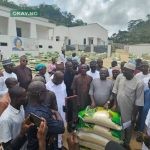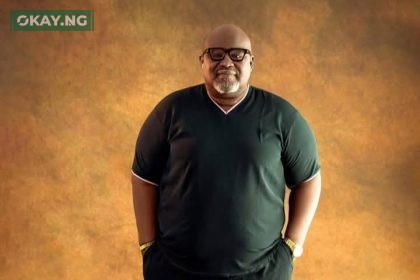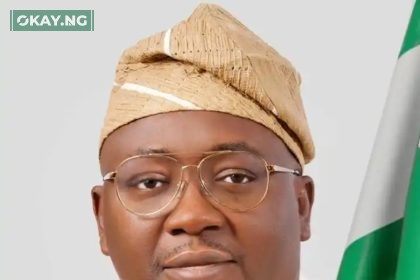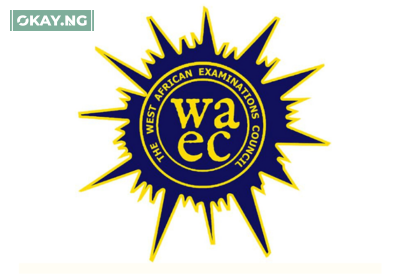Vice President Yemi Osinbajo has declared that Ibrahim Magu does not need the Senate’s confirmation as the substantive Chairman of the Economic and Financial Crimes Commission (EFCC) to function in that position.
Osinbajo who spoke at a media parley with journalists organised by the Presidency’s Office of Digital Engagement at his residence in Abuja, quoted Section 1, sub-section 71 of the Nigerian constitution as “evidence that the government need not even have produced Mr. Magu to be cleared by the Senate at all.”
Rather than dissipate energy on Magu’s Senate clearance and talks about recent losses of anti-corruption cases in courts, the vice president prescribed “a mix of both legislative and constitutional reform to improve the work of the judiciary” and decried the “current system whereby lawyers can appeal to prolong court cases, almost indefinitely.”
He said the presidency had to ignore court orders for the release of detained Shi’ite leader, El-Zakzaky and former National Security Adviser (NSA) Sambo Dasuki, because of lawyers’ penchant for prolonging cases indefinitely.
On government’s tax revenue and power generation, Osinbajo said that it was not the government’s priority to criminalise tax evasion. Rather, it is expected that tax amnesty and a renewed push would help improve tax collection from the 12% it currently stands.
He spoke of plans under the government’s economic recovery strategy to increase Value Added Tax (VAT) to between 10 and 12 per cent in the next two years, and affirmed that the team would also consider changes to personal income taxes. Also on the economy, he hinted at an upcoming reform of patents under the Federal Minister of Trade, Mr. Okey Enalamah, and informed the group of plans to release N700 million in payment assurance to energy distribution companies, while working with all energy stakeholders to handle the issue of tariffs.
He said: “The government is also investing in solar, but solar is still more expensive and would need to be carefully considered before being brought on stream, especially with the urgent need to ensure that energy tariffs do not soar too high.”
The vice president also spoke on the humanitarian issues facing the country, saying he considered forcible displacement, such as that of Otodo Gbame community in Lagos State to make way for urban renewal, a state issue.
On the Federal Government’s move to resettle displaced indigenes in the troubled Northeast, he said a lot was being done particularly through the Presidential Committee on North-East Initiatives (PCNI) which he said was working with donor agencies and state governments to improve the humanitarian situation in the area while excusing shortcomings with the enormity of the task.
Osinbajo commented on the elusive search for the Chibok girls whose third year of abduction from their school by Boko Haram insurgents will be marked tomorrow. He assured the #BringBackOurGirls campaigners that the government was doing all it could behind closed doors to bring the girls home to their families.
On the implementation of the N5,000 per person monthly welfare stipend for the unemployed, Osinbajo explained that there were challenges finding a suitable approach to identifying the right beneficiaries.




